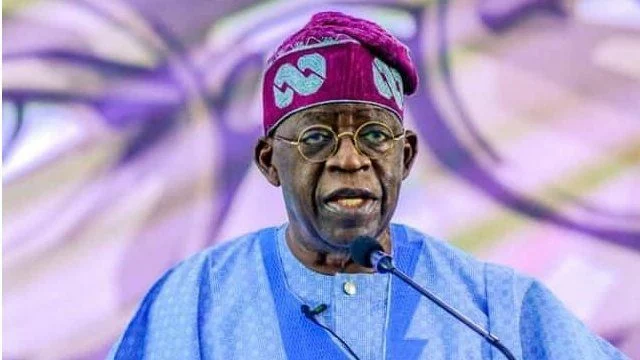
President Bola Ahmed Tinubu has urged a just energy transition for Nigeria and similar nations. His vision was outlined at the ECO Summit in Azerbaijan, where he emphasized the need for cleaner power and fairness. The president cautioned that the energy shift must not harm developing economies.
Tinubu’s position is rooted in real environmental concerns. He warned against the mounting threats of droughts, floods, desertification, and heat waves, all of which endanger millions. Speaking through the Minister of Budget and Economic Planning, he urged ECO members to pursue a strategy that balances renewables with fossil fuels.
Recognizing Nigeria’s diverse energy mix, he advocated for a smart approach to using both resources. He called for shared technology, access to cleaner energy tools, and investments in regional power grids. Cross-border energy links, he explained, can electrify remote areas and stimulate growth. The speech offered more than rhetoric—it sketched a hopeful vision and a potential blueprint for Africa’s energy future.
Since COP29, the global community can no longer deny the impact of climate change. Tinubu highlighted the looming risks of food shortages, displacement, and job loss. He assured delegates that Nigeria is ready to meet these threats through strategic planning. Referencing the current National Development Plan (ending in 2025) and the upcoming 2026–2030 plan, he explained how national efforts align with Sustainable Development Goals.
True energy justice, he argued, requires robust infrastructure and intelligent systems. He proposed stronger regional trade and energy corridors, including an ECO‑Africa trade corridor. Interoperability between energy systems was another key demand—managing the energy shift through deliberate, stage-by-stage steps tailored for developing countries.
Beyond infrastructure, Tinubu emphasized social fairness. He appealed for support to rural farmers, fishers, pastoralists, youth, and women. Any serious climate plan, he insisted, must empower these groups. He stressed that achieving this will require strong public–private partnerships to fund localized climate projects. No one, he affirmed, should be left behind in the march toward 2030.
For the ECO bloc, he called for unity in climate justice, fair financing, and equitable trade. Nigeria, he said, stands ready to foster innovation and protect the vulnerable. Through poetic language, he urged that unity can serve as both shield and ladder—connecting dreams through highways, energizing ideas via power grids, and building peace through trade.
This moment signals a high point for Nigeria and Africa on the global climate stage. Tinubu demonstrates leadership that blends clarity with action, balancing environmental urgency with economic growth and inclusive development. His speech offers a practical roadmap, not just abstract promises.
With this address, Nigeria steps into global climate dialogue with purpose. Tinubu repositions Africa’s voice—not as a passive recipient of policy but as an active contributor to the world’s energy future. He reframes the energy transition as a shared global project, not a one-sided burden. By placing equity at the center, he defends the interests of those most vulnerable to climate disruptions.
